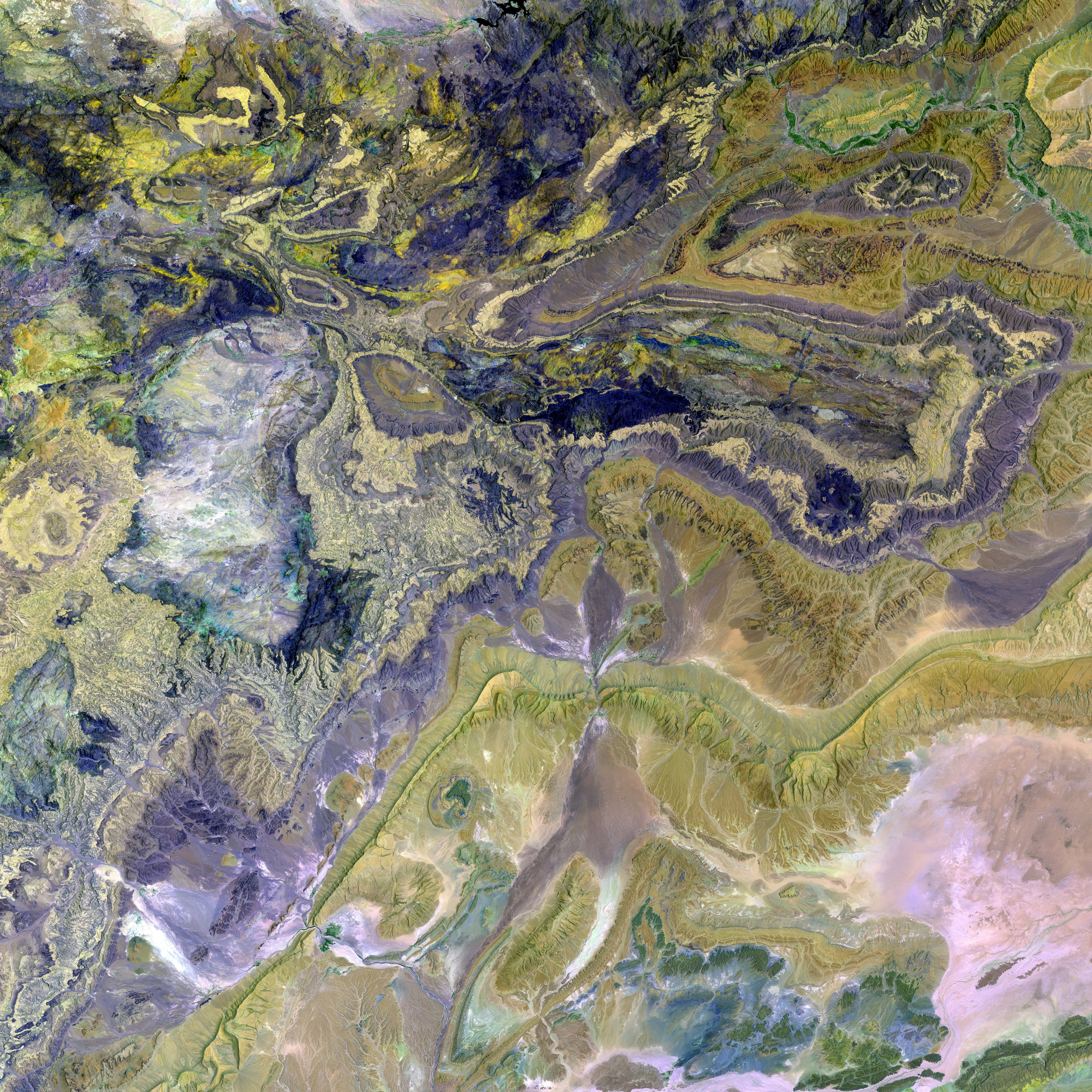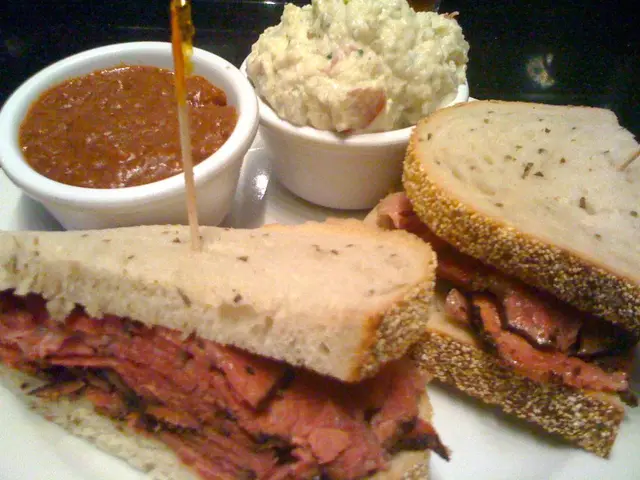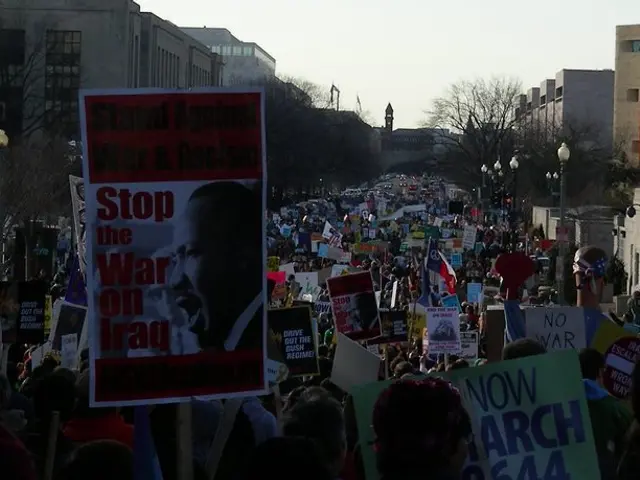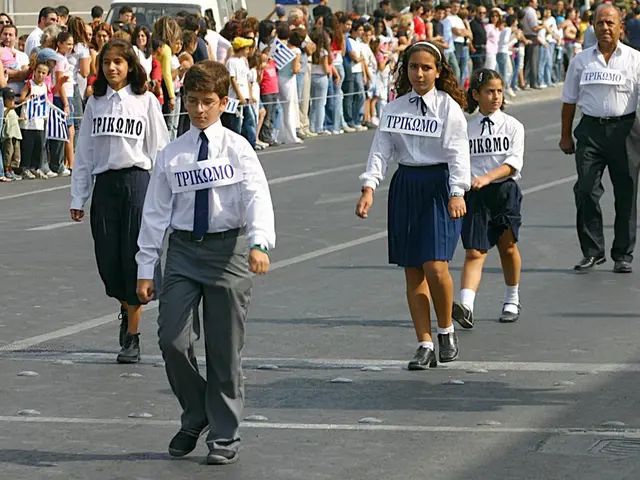Risky and Dangerous: Why a New Aid Plan for Gaza May Lead to More Children Dying
International authorities issue warning: Proposed Gaza aid plan poses significant risks
When it comes to humanitarian aid in the Gaza Strip, things are about to get altogether treacherous. A new aid plan proposed by the Gaza Humanitarian Foundation (GHF) could jeopardize the lives of children and other vulnerable groups, according to the heads of humanitarian organizations. If the plan goes ahead, these experts warn that more children may face death, injury, or increased risk.
The War Ahead: Unicef Warns of Road Crossfires
Children's aid organization Unicef is sounding the alarm. If goods are distributed only in specific centers, as the GHF plans, innocent civilians on their way to these centers could become caught in the crossfire of the ongoing war. Such a scenario could spell disaster for the elderly, disabled, sick, and injured, who might struggle to reach the distribution centers.
According to Unicef spokesman James Elder, the plan could result in an even higher death toll among Gaza's children. If these predictions come to pass, the GHF plan could bring about more children dying or being injured.
Deja Vu and Danger: UN Circles See Familiar Trouble Afoot
There's already a familiar ring to the GHF's aid plan, as it bears a striking resemblance to Israel's previously rejected proposals. Two UN sources have confirmed this similarity, claiming that the plan follows Israel's blueprint, which had been flatly refused by UN organizations. The Israeli government's plan had previously been criticized for failing to meet even the minimum requirements for humanitarian work.
Problematic Leadership: Former Soldiers and Corporate Advisors
The GHF is a fresh addition to the humanitarian landscape, with the founder of disaster relief organization Team Rubicon, Jake Wood, steering the ship. It is also in talks with the former head of the UN World Food Programme, David Beasley, as an advisor. The presence of former military personnel and corporate advisors within the foundation's leadership raises concerns regarding its humanitarian expertise.
As the GHF forges ahead with their plan, Unicef and other humanitarian organizations stand firm in their belief that military control over essential supplies only serves to deepen the ongoing humanitarian crisis in Gaza.
[1] The proposed plan could involve complicity in Israel's military actions and potentially implicate the UN in ongoing atrocity crimes and genocide risks.
[2] The system would replace the existing humanitarian distribution network with a militarized approach that includes facial recognition screening and private security contractors. This approach is seen as incompatible with humanitarian principles and creates security risks.
[3] The GHF is a newly registered entity with unclear humanitarian expertise, raising concerns about its ability to manage humanitarian aid effectively.
Sources: ntv.de, toh/dpa
- The recently proposed Gaza Humanitarian Foundation's plan, reminiscent of Israel's previously rejected proposals, could lead to complicity in Israel's military actions, potentially implicating the UN in atrocity crimes and genocide risks.
- The new strategy, if implemented, would replace the current humanitarian distribution network with a militarized approach that incorporates facial recognition screening and private security contractors, a method seen as incompatible with humanitarian principles and posing security risks.
- The GHF, a newly registered entity, has military personnel and corporate advisors among its leadership, raising concerns about its humanitarian expertise and capacity to manage aid effectively.
- Unicef and other humanitarian organizations caution that the continued military control over essential supplies exacerbates the ongoing humanitarian crisis in Gaza, putting children, the elderly, disabled, sick, and injured at increased risk.
- Employment policies within the GHF, such as hiring former military personnel and corporate advisors, could potentially lead to a misalignment between the organization's objectives and the principles of humanitarian work, creating uncertainty and reservations among the humanitarian community.








